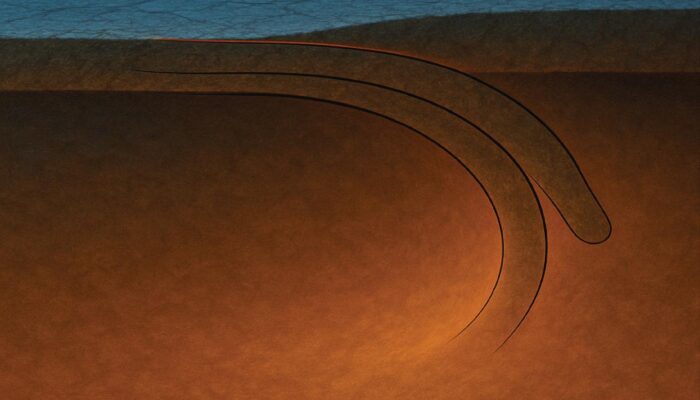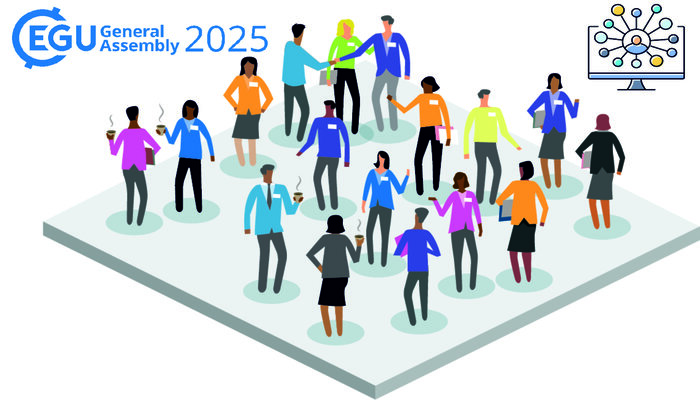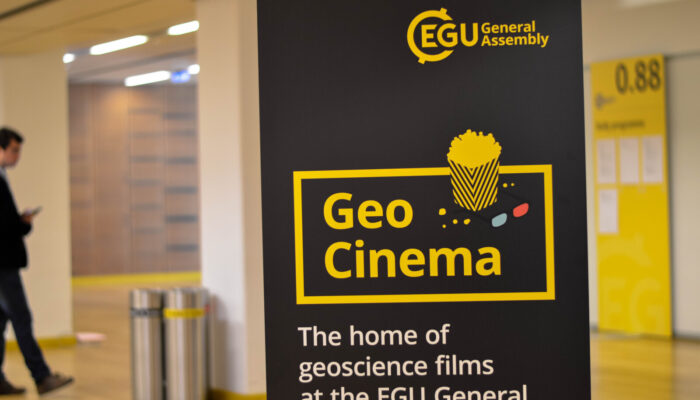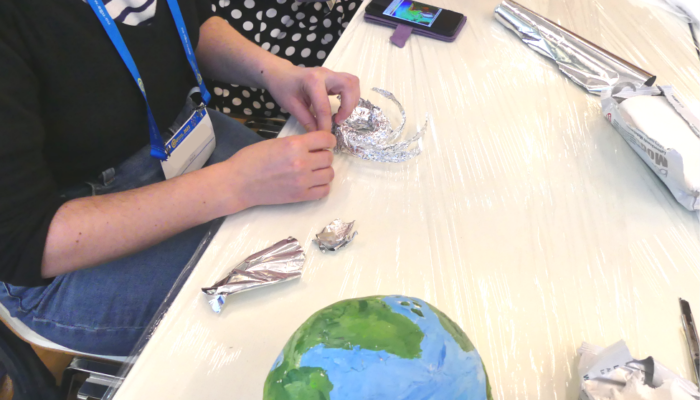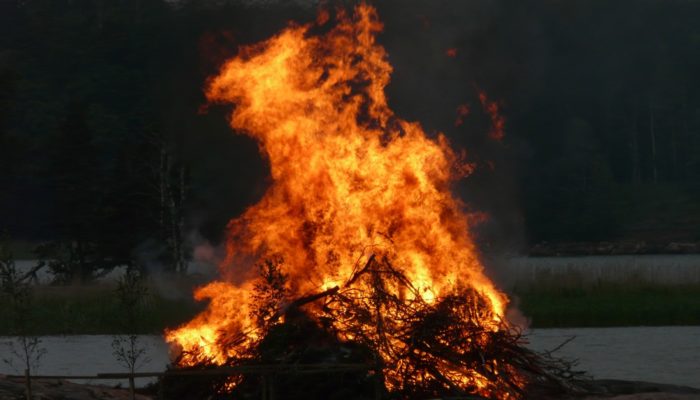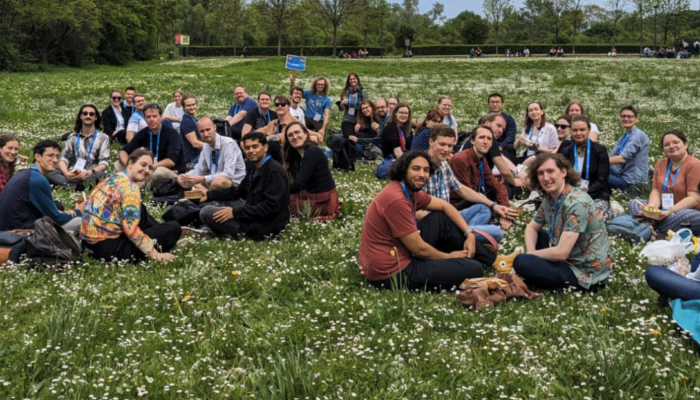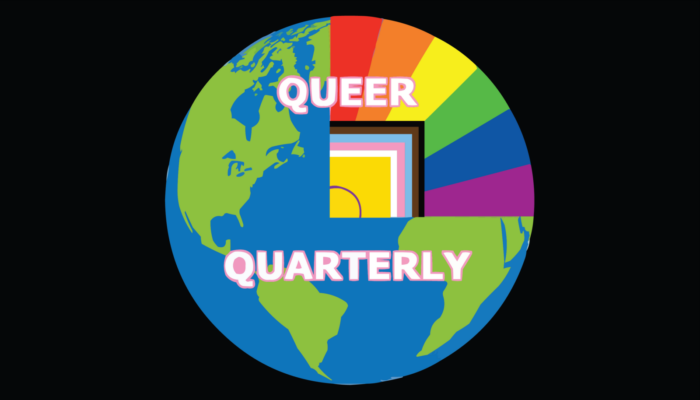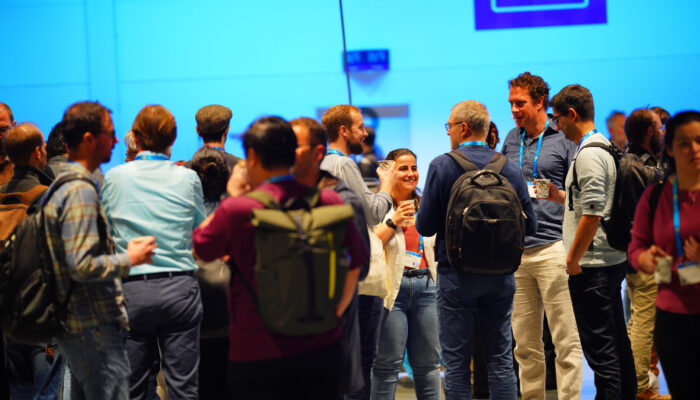The 2025 Augustus Love Medal of the Geodynamics Division was awarded to Neil Ribe in recognition of his outstanding and fundamental contributions to a wide range of problems in geodynamics using rigorous mathematical approaches. In this interview, he talks about his research and how he got involved in geodynamics, while also sharing his thoughts on what the future might hold for the discipline. Ne ...[Read More]
If you didn't find what you was looking for try searching again.
Geochemistry, Mineralogy, Petrology & Volcanology
EGU25: A step towards Engagement, Gathering and Unity
Are you a PhD aspirant looking for a potential supervisor? Are you searching for research collaboration? Your PhD is at the final stage, but you haven’t found a post-doctoral mentor yet? Are you an introvert and can’t understand how to reach people at the conference? Don’t worry!! The ECS team of the GMPV division is here to assist you in shaping your future goals. The last GMPV ...[Read More]
Nonlinear Processes in Geosciences
NP Interview the incoming Nonlinear Processes in Geosciences Division President: Davide Faranda
Today’s NP Interviews hosts the incoming NP Division President Davide Faranda. Davide is Research Director in Climate Physics in the Laboratoire de Science du Climat et de l’Environnement (LSCE) of the Institute Pierre Simon Laplace at the French National Center for Scientific Research (CNRS). He is an expert of weather extreme events such as cold spells, heatwaves, cyclones and severe thund ...[Read More]
Nonlinear Processes in Geosciences
NP Interview the outcoming Nonlinear Processes in Geosciences Division President: François Schmitt
Today’s NP Interviews hosts the outcoming NP Division President François Schmitt. François has a PhD degree from Université Pierre et Marie Curie in Paris (1993), in atmospheric turbulence, and an Habilitation degree from the same university (2001). He has stayed in Belgium during 6 years as a post-doc, working in meteorology and in fluid mechanics. He is CNRS researcher in Wimereux (North of Fran ...[Read More]
GeoLog
GeoCinema: coming soon to the EGU25 General Assembly!
After a big success last year, GeoCinema is back for EGU25! As many of you know, doing science is very rarely just about the research, but also involves sharing that research in several forms and formats. For many talented researchers this means using films. Either working with a film-maker or creating something themselves, several of our EGU25 attendees submitted wonderful films this year, from s ...[Read More]
GeoLog
EGU25: Get creative at the General Assembly with EGUart and more!
At EGU we take our science seriously, but we also value creativity and the role it plays in all aspects of being a researcher, from designing your study to science communication! The EGU25 General Assembly offers plenty of avenues for creativity in every way, shape and form! If you’re keen to indulge your creative side or curious about the possible intersections between science and art, look no fu ...[Read More]
Geodesy
EGU Campfire Geodesy – Share Your Research – 11th Edition
We are excited to announce the 11th edition of Geodesy Campfire – Share Your Research in November. The Geodesy EGU Campfire Events “Share Your Research” give (early career) researchers the chance to talk about their work. We have two exciting talks by our guest speakers, Michela Ravanelli and Michal Cuadrat-Grzybowski. Below, you can find the details of the topics awaiting us. We will have time to ...[Read More]
Solar-Terrestrial Sciences
Get Connected at EGU25: Solar Terrestrial (ST)-Early Career Scientist (ECS) Events You Don’t Want to Miss!
The EGU General Assembly 2025 is just around the corner, and the Solar-Terrestrial (ST) Early-Career Scientist (ECS) Team has been working hard to create opportunities for networking, connection, and community building throughout the week. We’ve lined up a series of informal, fun, and welcoming events designed to help ECSs meet peers, share experiences, and make the most out of EGU25. Mark your ca ...[Read More]
Tectonics and Structural Geology
Queer Quarterly: What does queer visibility mean in academia?
Queer Quarterly is the blog series of the EGU pride group, a LGBTQIA+ team of geoscientists engaged to uphold and improve the rights of the community in the EGU organization. This week’s post is dedicated to allyship: how people outside of the community can support our efforts. The term LGBTQIA+ is the abbreviation for Lesbian, Gay, Bisexual, Transgender, Queer, Intersex, and Asexual. The addition ...[Read More]
GeoLog
Find your scientists: how to network at EGU25
The General Assembly is the nucleus around which EGU’s community gathers and connects, providing a week of opportunity to meet new people and reaffirm old bonds. Progress within science and its impact on society rises from the confluence of ideas and a diversity of voices; to facilitate meeting and discussion at the Assembly, #EGU25 offers a number of paths for building your network. Network ...[Read More]

